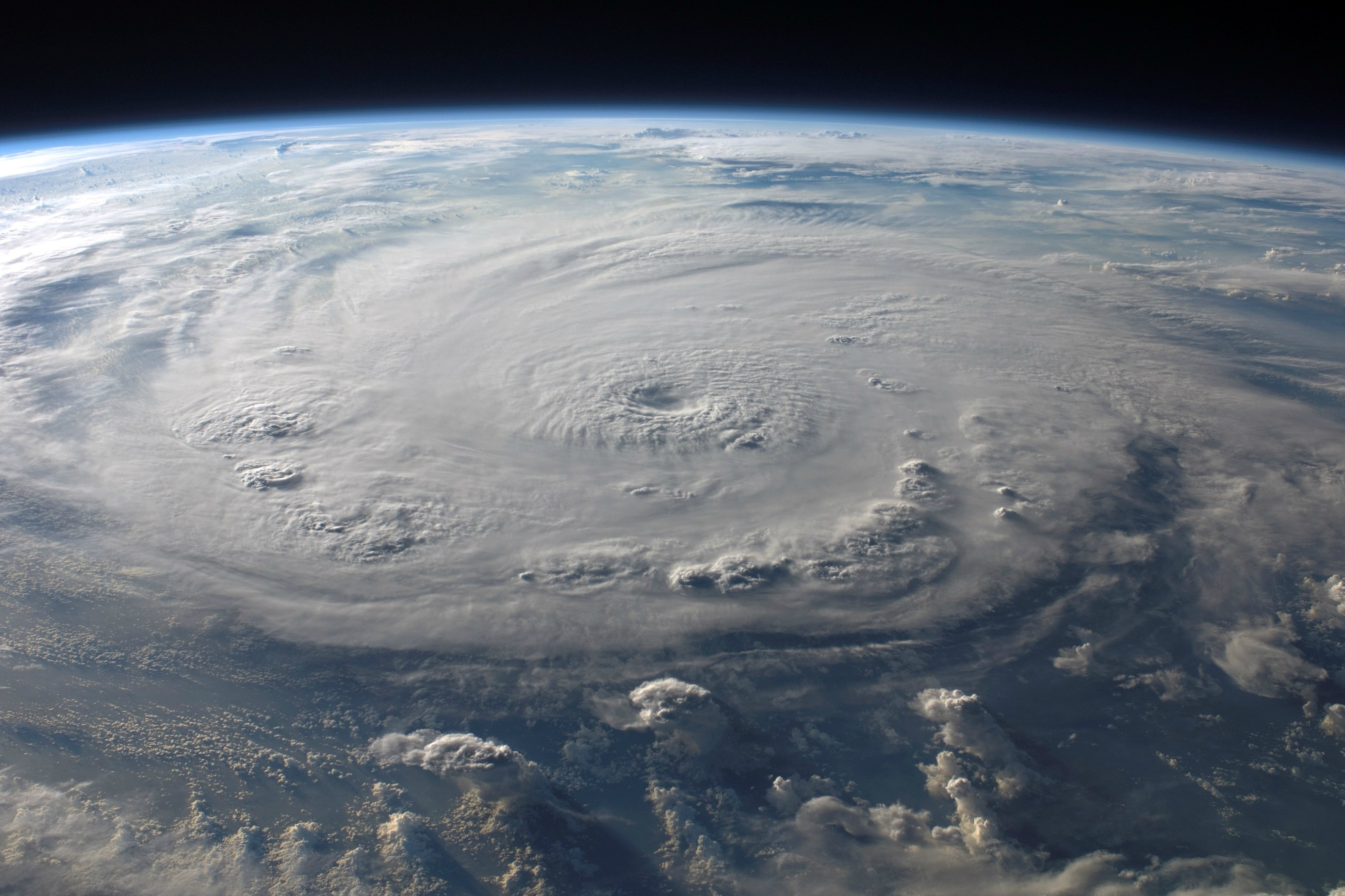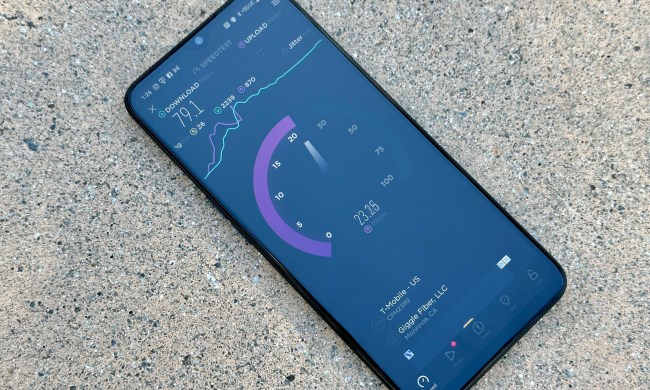
Experts and officials have warned that interference from 5G wireless radios could seriously compromise the ability to forecast weather, including the prediction of extreme weather events like hurricanes.
The Federal Communications Commission (FCC) has been selling off access to the 24 GHz band used for 5G since last year, but scientists are concerned that this band is too close to the 23.8 GHz band used for collecting data about atmospheric conditions. If many 5G radios are used in the nearby band, they could interfere with the equipment used for weather forecasting.
As reported in Nature, at a recent meeting of the International Telecommunication Union in Sharm El-Sheikh, Egypt, the delegates agreed to introduce protections of frequencies close to 24 GHz. However, these regulations will be relatively lax until 2027, when they will be tightened. Meteorologists say that’s not enough, and they are worried about the effects of 5G on forecasting in the next few years.
Dr. Neil Jacobs, acting chief of the National Oceanic and Atmospheric Administration (NOAA), testified in May to the House of Representatives Subcommittee on Environment about the potential damage that allowing 5G could do to the forecasting of weather events like hurricanes. The level of interference from
The particular concern is over microwave sounder data, one component of the data used to predict weather events. “It’s a critical dataset for us,” Dr. Jacobs said, giving an example of a European study that had compared forecasts of Hurricane Sandy using and not using this particular data. In the forecast without the microwave sounder data, Sandy was predicted to remain out at sea. In fact, Sandy came ashore in New Jersey and caused $70 billion worth of damage.
Without the sounder data, the forecasts of NOAA would see reduced accuracy by up to 30%, Dr. Jacobs testified. For context, he explained how far back this reduction in forecast ability would put the U.S. “If you look back in time to see when our forecast skill was roughly 30% less than it was today, it’s somewhere around 1980,” he said. In terms of practical impact, “this would result in the reduction of hurricane track forecast lead time by roughly two to three days.”
In addition to the House hearing, Democratic senators Ron Wyden of Oregon and Maria Cantwell of Washington wrote a letter to the FCC urging them to stop licensing use of the 24GHz band until the impact on weather forecasting has been addressed: “Don’t allow wireless companies to operate in a 24 GHz band until vital weather forecasting operations are protected,” they wrote. “To continue down the path the FCC is currently on, to continue to ignore the serious alarms the scientific community is raising, could lead to dangerous impacts to American national security, to American industries, and to the American people.”
Article originally published on 05-18-2019. Updated on 11-23-2019 by Georgina Torbet: Added information about International Telecommunication Union meeting and outcome.



